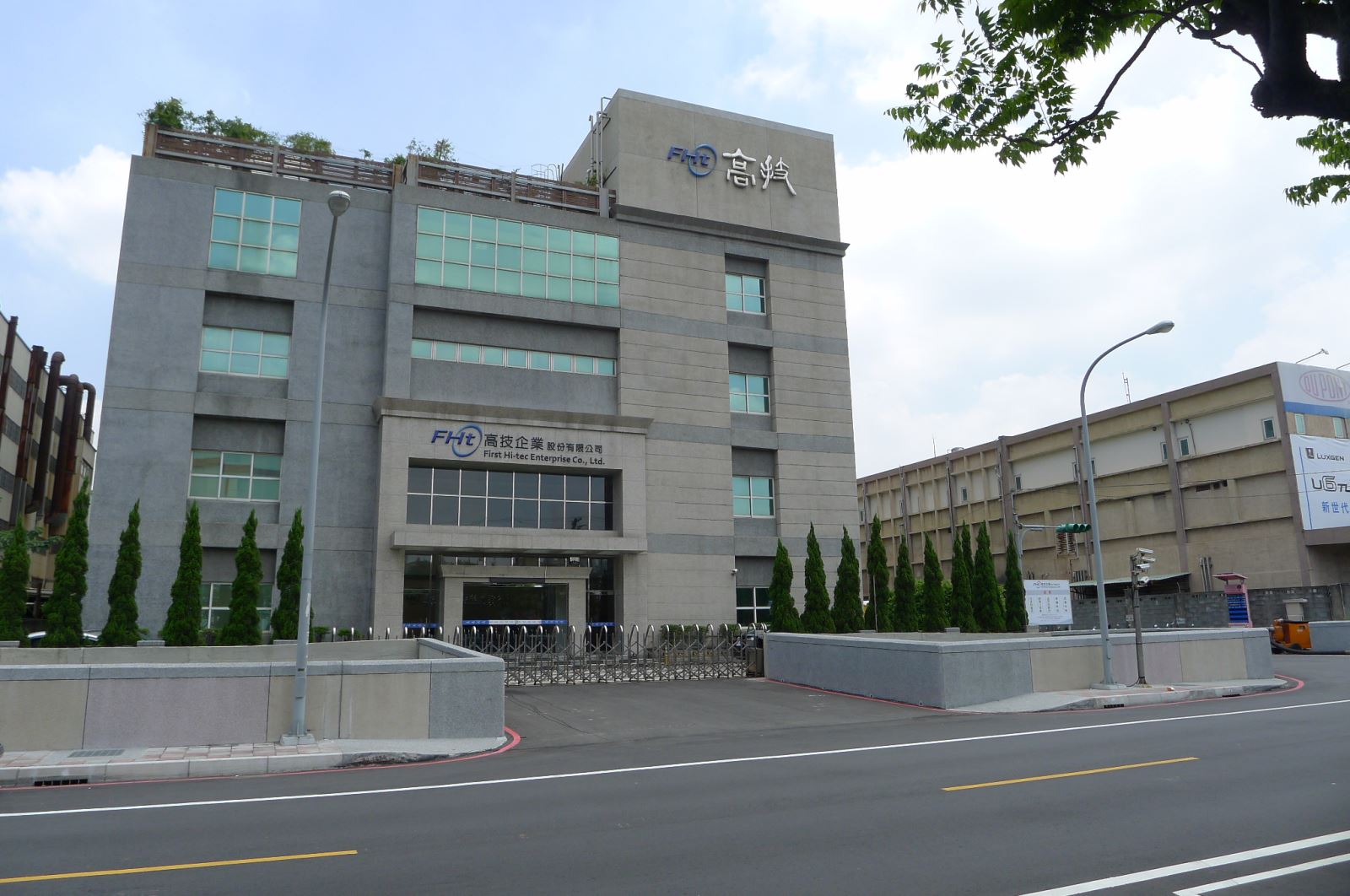FHt improves its manufacturing process by the implementation of MES and mapping its successful solutions through KM
FHt improves its manufacturing process by the implementation of MES and mapping its successful solutions through KM Founded in 1988, First Hi-tec Enterprise Co., Ltd. (FHt) had focused on PCB manufacturing and walked along the way by continuously upgrading its technology to meet IPC Class II and III standard. The types of PCBs that FHt produced include heavy copper, HDI, HLC and aluminum based and others, which serve in different industries, such as networking, automotive, medical, power supply and IPC, etc.Ever since the demand of high PCB variety and complexity with small volume in recent years had become so trended, it is, nowadays, increasingly challenging to the on-line operators to keep skillful in all aspects. Take for an example, each P/N may adopt about 80% similar technology platform whiles 20% is for the custom to build and built once for a long while. Errors have highly chances to occur in the 20% custom-to-build processes under such circumstances. Therefore, it becomes imminent to apply knowledge management (KM) to encode both successful and failed experience in the system through learning and sharing and to build a mistake-proof mechanism. “We definitely don’t want to see such mistakes lower the yield rate and result in delayed delivery and charges.” said by the Chairman, Johnson Chang.“Vitals ESP Enterprise Knowledge Coordination Platform” was therefore introduced, following a detailed assessment and criteria, such as if widely adopted in the PCB industry with prominent performance, if fast and flexible installment, and if there was a great support team. This project was initiated by the Administration dept., led by QA to guide the other eight production-related dept. such as engineering, production and purchasing and so on. “The project kicked off in June, 2020.” said by Johnson. “With the assistance of the consulting company,叡揚, to arrange KM series training sessions, it led to define knowledge mapping, set up the knowledge flow and standardize the format.” Two steps were taken as the following, QA took the lead to have all related dept. file cases, which were then passed on to the RD/Engineering dept. for the proposed correct solutions to avoid future reoccurrence. “The production quality was assured by abnormality prevention measures on the root causes.” said by Johnson. High quality production discipline was built via knowledge sharingFHt had put on line MES since 2019. The mistake-proof mechanism through MES help operators avoid same mistakes in manufacturing the same P/N. “However, such prevention measure was only effective on individual cases.” said by Executive VP, Taylor Lee. PCBs built for different applications, such as 400G networking devices, semiconductors and EV, adopt similar but varied technology. “It would create even more values if the mistakes occurred in building these PCBs for different application can be transformed into knowledge and shared accordingly.” said by Johnson.Both supervisors and operators in the front line can avoid repeating the same mistake via the help of MES whiles the section managers as well as the engineers can accomplish even much more across the board by sharing their expertise through figures, videos and other tools via KM to acknowledge related parties. “The goal, said by Taylor, is to achieve a smart cross-function mechanism, similar to chess board, to develop different countermeasures for error-proof under MES.” Due to the complexity, it may take a while to reach the goal. For the time being, the main task is to convey the production knowledge to the people in need via KM, MES along with exiting communication software integrated by API, and the “assigned reading” function in Vitals ESP.The Vitals ESP can achieve much more than the above by helping RD in decision making, such as the correct material selection for high-end products and not just based on high C/P standard. Continuously promoting system integration and making KM the part of employees’ daily life“Despite that it had only been 3 months since KM was introduced to FHt, it had changed employees’ working habit.” said by Johnson. What we can see now is that the engineers and supervisors in the production line can be more proactive and share as such in raising different potential problems or difficulties that will have impacts in new product manufacturing.“It was deeply hoped with quite a few target settings as KM was first introduced to FHt.” said by Taylor. Firstly, it was expected that KM can manage 90% of core knowledge and values, including QA analysis processing, engineering design spec., APQP/equipment assessment, improvement proposal and others. All data bases, such as lesson learn, stored in different depts. will be eventually moved to the central library, i.e. Vitals ESP.Secondly, KM will take the role in carrying out more than 85% of the training by using different forms of education material, such as 15 seconds video, to help employees understand and absorb these knowledge more effectively and efficiently. In addition, Vitals ESP will also help reserve classified information through levels of authorization.Thanks to 叡揚consulting company, employees had now pretty much on schedule in getting used to the system. One example of showing 叡揚’s effort is by converting the discuss area in Vitals ESP into “Wishing Pool” to collect different questions, which pool was managed by different dept., taking turn in charge every month, and the employees will get awarded for any question inputs.Looking ahead, Fht will continue to explore in depth the application of Vitals ESP by creating more knowledge maps for different working areas. With the help of API’s ERP, MES and electronic signing system, Vitals ESP will also encrypt knowledge management into the daily work. Through a periodic system review and knowledge updates by following increasing fab. complexity, it will be for sure to keep up FHt’s technology energy in the long run.
More


